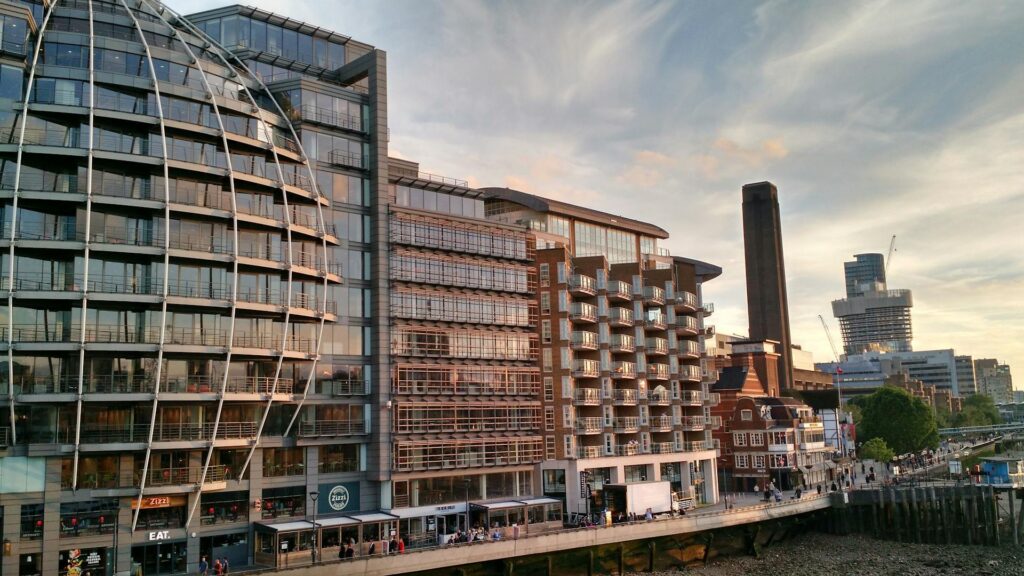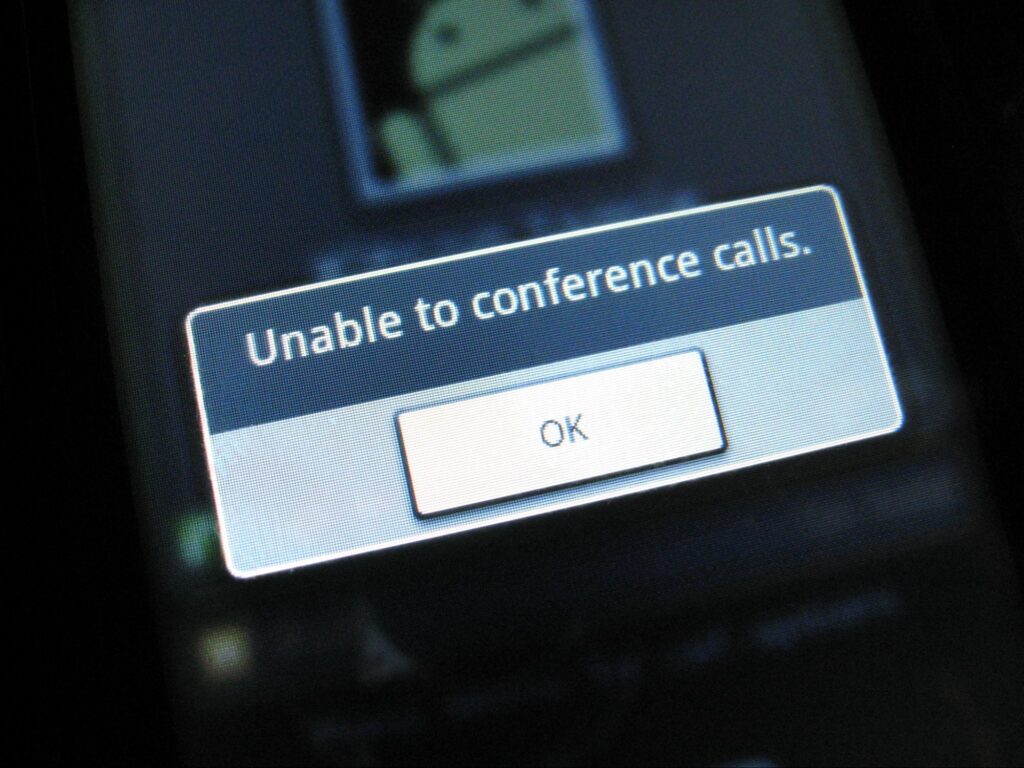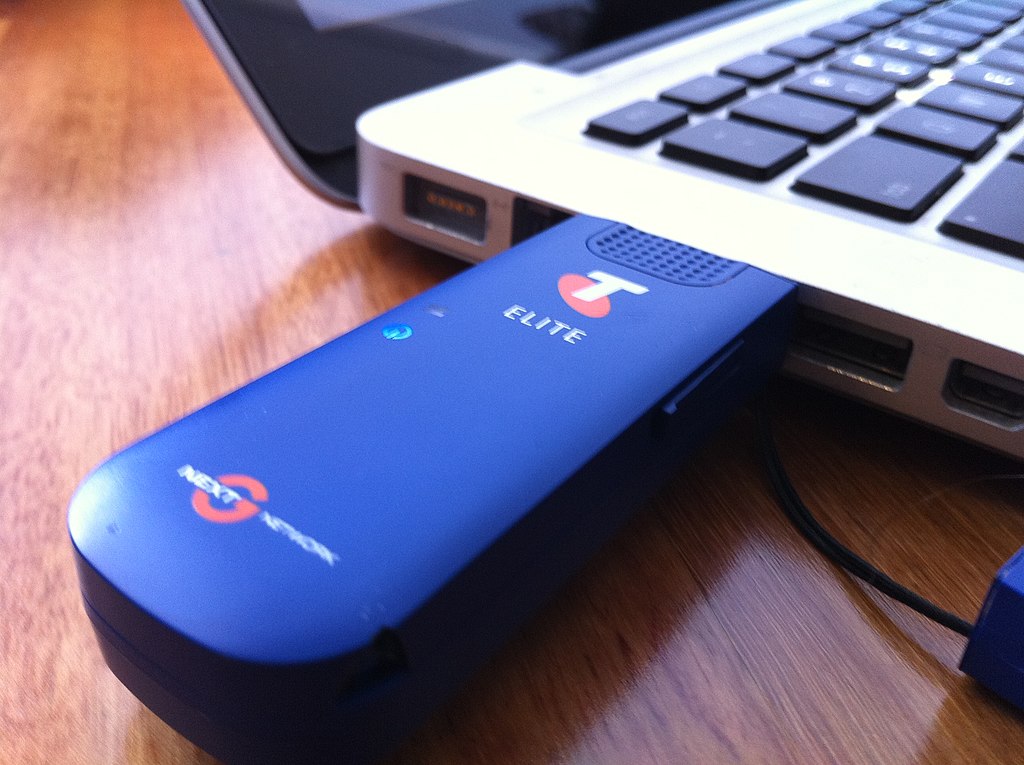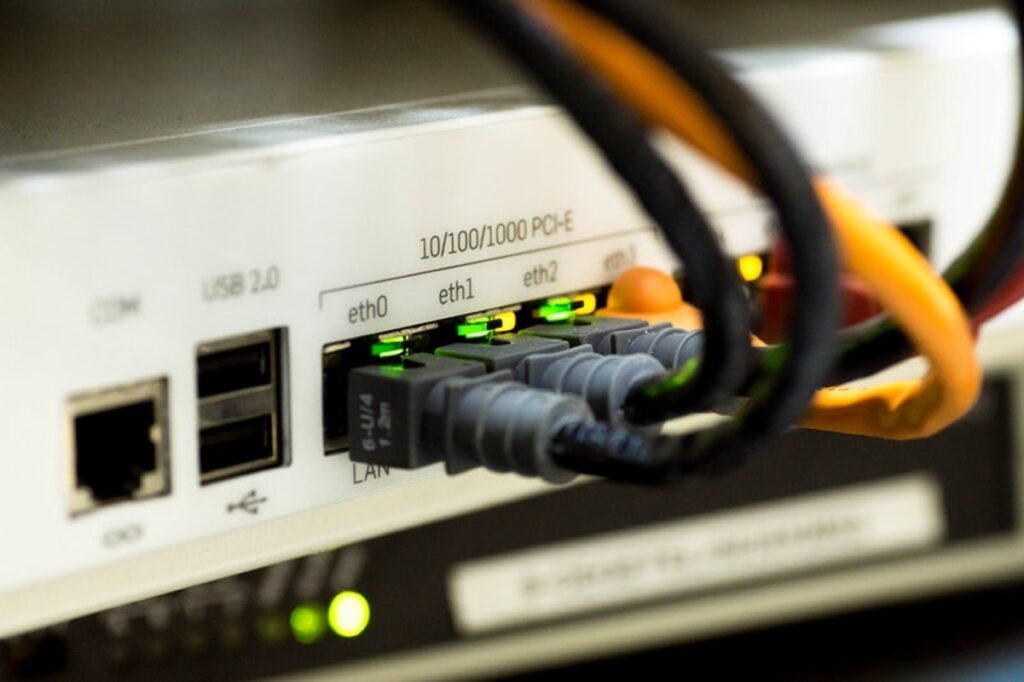TV providers, mobile operators, and broadband service providers in the UK have been hit with a ban that prevents sudden price hikes on their services. Before the enactment of the new regulation, it was commonplace for service providers to increase their prices mid-contract.

Often, the foremost excuse of these service providers is the biting effect of national inflation on their business operations.
Consumers of Services in the UK Experience Sudden Price Hikes
In April and May of this year alone, customers grappled with prices increasing by about 7.9 percent. These sudden price hikes often affect millions of customers, reducing the utility of their household income as more of it goes to bills.

However, that will be a thing of the past, as Ofcom ruled that starting January 17, service providers will no longer be allowed to hike their prices mid-contract.
ALSO READ: Walmart Slashes Price on $130 Rolling Utility Cart to $35—Shoppers Says It’s ‘Helpful in Organizing’
Ofcom Bans All Indiscriminate Increments
The ban on price hikes does not imply that service providers will no longer be allowed to increase their rates. However, the guiding clause is that these increases must have been well highlighted in the agreement at the point where customers enlist for the deal.

According to the telecoms policy director of Ofcom, Cristina Luna-Esteban, families should be able to fairly predict how much of their income goes to settling of bills. Unfettered hikes of fees would make that impossible.
A Call for Competitive Prices for Services
So, Ofcom will be “stepping in on behalf of phone, broadband and pay TV customers to stamp out this practice, so people can be certain of the price they will pay, compare deals more easily and take advantage of the competitive market.”

Ofcom’s new regulation requires that all new TV, broadband, and mobile phone deals take a new form starting January 17.
January 17 Is the Terminal Date for Price Hikes
Service providers will only be able to hike prices on deals taken out before January 17. However, deals on mobile services will only allow increments on call rates and not on the price of mobile phones.

In April, about 60 percent of all mobile and broadband customers in the UK had to shoulder an inflation-inspired price hike. Many of these consumers acknowledged that the hikes caught them unawares and rocked their financial boats.
Which? Speaks Up for Service Consumers
A consumer group in the UK, Which? has also lent its voice to the plight of service consumers. Rocio Concha, director of policy and advocacy for Which?, affirms that all service providers must immediately fall in line, now that Ofcom has intervened in the situation.

However, Concha insists that Ofcom needs to go further to ensure that future price increases are competitive and favorable for consumers.
Social Tariff Beneficiaries Swim Ahead of the Tide
The only exception of internet and mobile deals that do not rise alongside inflation is the social tariff. The social tariff was instituted for the economically disadvantaged, like senior citizens, struggling households and low income earners.

The social tariff allows these cadres of people access to cheap subscription options for utility services. In addition, beneficiaries of social tariffs don’t get to pay exit fees when they decide to opt out of a deal mid-way.
Broadband Providers Defend Their Price Hikes
In response to the public outcry and regulatory crackdown, broadband providers have stepped forward to defend their inflation-adjusted prices. Broadband firms explain that their services rely on Openreach’s infrastructure, and the fee for using that facility is also inflation-adjusted.

However, it has been discovered that broadband firms pass on variations in their cost of operation to customers and even add rip-off charges to this.
What Is the Difference Between Internet and Broadband?
Both internet and broadband service providers allow users of networked devices, like mobile phones, PCs, and IOTs, to maintain connectivity with remote devices. However, the major difference between those two services is the connection speed.

Broadband is high-speed internet access that allows users to send large chunks of data in a relatively shorter time than regular internet connections.
How Long Is a Minimum Broadband Contract?
Most broadband providers in the UK provide a minimum subscription contract of 12 months. The implication of this is that customers who terminate their deals before the minimum contract period ends will have to pay an early termination fee.

The amount broadband users have to pay as a contract termination fee varies from provider to provider. However, some broadband firms require customers to pay the monthly due for the remaining months before exiting the deal.
What Happens When a Broadband Contract Runs Out?
If a customer manages to stick on to a broadband provider till the end of their contract, they become at liberty to either initiate a new contract with the same firm or move on to another.

Now, when a customer chooses to stick with their old broadband provider, the terms and conditions of the new deal may vary from the old one. Prices may have changed since the customer last subscribed. However, the service remains the same.
ALSO READ: TraveDespite a New $314 Million Contract, Jayson Tatum Chooses Financial Cautionling
Can You Terminate a Broadband Contract?
Yes, you can terminate a broadband contract. However, most providers will require the customer to pay off the remaining months before exiting the deal. The provider would usually calculate the monthly equivalent of the deal amount and increment it by the number of months left.

Some service specialists recommend that users have a second broadband service running if the plan is to switch to a new provider. This prevents a blackout period during the transition.
You Might Also Like:
Top Wall Street Analysts Are Optimistic About These Dividend Stocks
Your Guide to Navigating the Infamous Aldi ‘Aisle of Shame’
JPMorgan Chase Equips Employees With AI Assistant From ChatGPT Maker OpenAI
Ferrari CEO Asserts All-Electric Model Retains the ‘Emotion’ of the Famed Supercars
